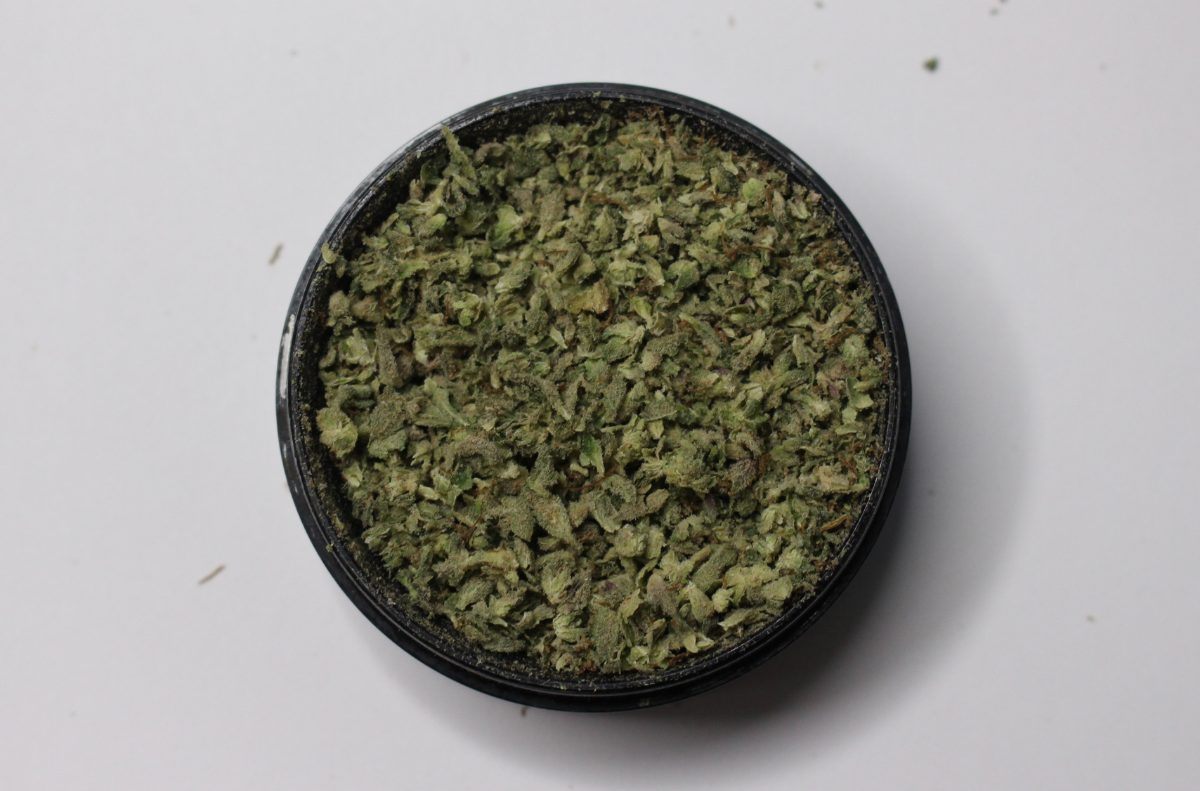A nation that strips my neighbours’ liberty to sin will strip my liberty to call my neighbour into repentance. Liberty isn’t liberty unless it affirms my right to offend my neighbour and my neighbour’s right to offend me. The government shouldn’t infringe on my neighbours’ pursuit of happiness, and it shouldn’t infringe on my liberty to call my neighbour to a greater pursuit of happiness—the pursuit of Christ.
Earlier this week, the Government of Canada legalized marijuana, making Canada the first Western country to legalize marijuana nation-wide. Introduced officially as Cannabis Act, the new act became effective on Wednesday, and Canadians from coast-to-coast waited in long lines at cannabis stores from Tuesday night to become among the first group to buy legal marijuana in Canada. In fact, many of the cannabis stores across the nation closed within hours after they opened because of high demand.
Here in the province of Ontario, legal cannabis stores are not available until April. The only legal retailer for marijuana is an online store owned by the provincial government—The Ontario Cannabis Store. Like cannabis stores around the nation, the website made marijuana available for purchase on Wednesday night, and within the first 24 hours, the website received 1.3 million visits and over 100, 000 orders.
Canada has been trending toward decriminalizing marijuana for years. Prime Minister Justin Trudeau made legalizing marijuana a campaign promise in the 2015 election. Over the last two decades, provincial and federal courts and liberal parties across Canada ruled on cases and introduced legislations, respectively, that indicated that recreational marijuana was probably going to be legalized in the near future. In fact, many predicted that recreational marijuana would inevitably be legalized once medicinal marijuana became legal in 2001.
The federal government criminalized marijuana in 1923, during the prohibition era. Criminalizing marijuana at the time was a natural progression since Canadian provinces criminalized alcohol years earlier. But when Canada repealed prohibition laws on alcohol, they rejected consistent thinking on marijuana. If intoxication from alcohol is illegal, intoxication from marijuana should be illegal too. If intoxication from alcohol is legal, intoxication from marijuana should be legal too.
I believe that the sole responsibility of the government is to protect its citizens’ unalienable rights. My favourite words in political history is from the United States Declaration of Independence, which says:
“We hold these truths to be self-evident, that all men are created equal, that they are endowed by their Creator with certain unalienable Rights, that among these are Life, Liberty and the pursuit of Happiness.”
I do not want a soft theocracy in this sinful world. I want a fair and free democracy for believers and unbelievers. People should have the legal right to pursue happiness—even when they pursue happiness in sin. People should have the right to pursue happiness in getting high off marijuana, just as they should have the right to pursue happiness in getting drunk off wine. Every adult should have the right to pursue happiness if they do so without infringing on other people’s right to life, liberty, and their pursuit of happiness.
We tend to be inconsistent on this issue. If getting high from marijuana should be illegal, then getting drunk from alcohol should be illegal too. An addiction to marijuana might be more destructive than an addiction to alcohol, but should we make laws based on what’s more destructive than the other? Or should we make laws based on protecting individual liberty? Pornography is more destructive than lustful thoughts. Fornication is more destructive than pornography. Adultery is more destructive than fornication. Yet, we do not believe that we should criminalize fornication and adultery. We shouldn’t criminalize sin unless it directly destroys another person’s life and liberty.
Nevertheless, though recreational marijuana isn’t criminal anymore, it’s still sinful. The government has given us liberty to sin, but God has given us liberty not to. Getting high from marijuana is lawful, but it isn’t helpful. Marijuana is lawful, but it shouldn’t dominate us (1 Corinthians 6:12). We Christians should never be high from recreational drugs, instead, we should be sober-minded (1 Peter 5:8).
So I have mixed feelings about the Cannabis Act. I believe that a government that doesn’t affirm my neighbour’s right to an unrighteous life will inevitably reject my right to a righteous life. Authoritarian governments gain power by infringing on our neighbours’ liberty, they maintain power by stripping ours. When my neighbour doesn’t have the liberty to pursue happiness, I might soon not have the liberty to pursue Christ.
But that isn’t why the federal government legalized marijuana. They didn’t legalize marijuana because of libertarian principles. They didn’t decriminalize marijuana to affirm life, liberty, and the pursuit of happiness. The federal government legalized marijuana to pursue power and profit. Still, the government should affirm people’s liberty to sin. The Church should affirm people’s liberty to sin no more in Christ. It’s the state’s responsibility to affirm people’s right to pursue happiness. And it’s the Church’s responsibility to call people to pursue true happiness in Christ.
